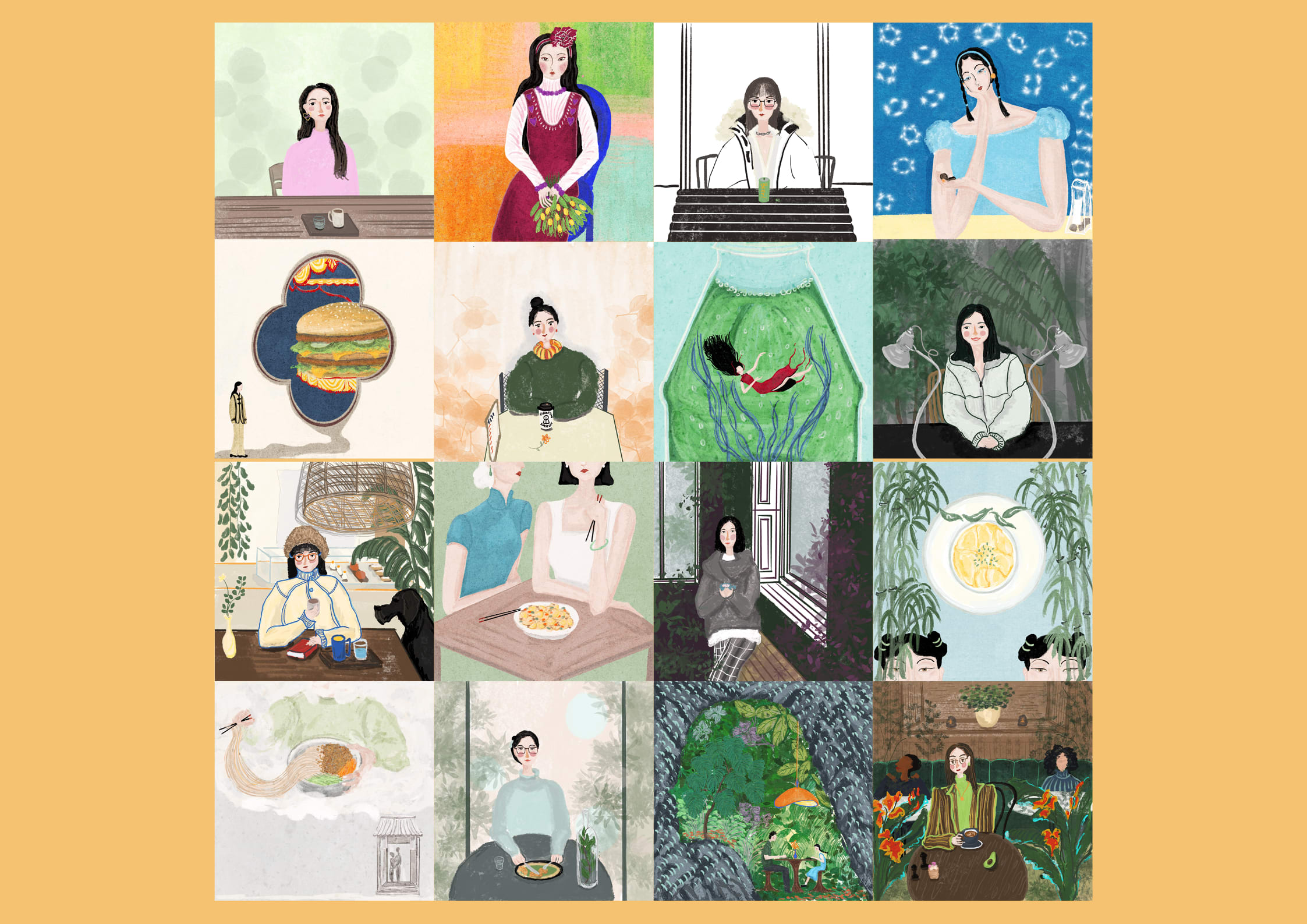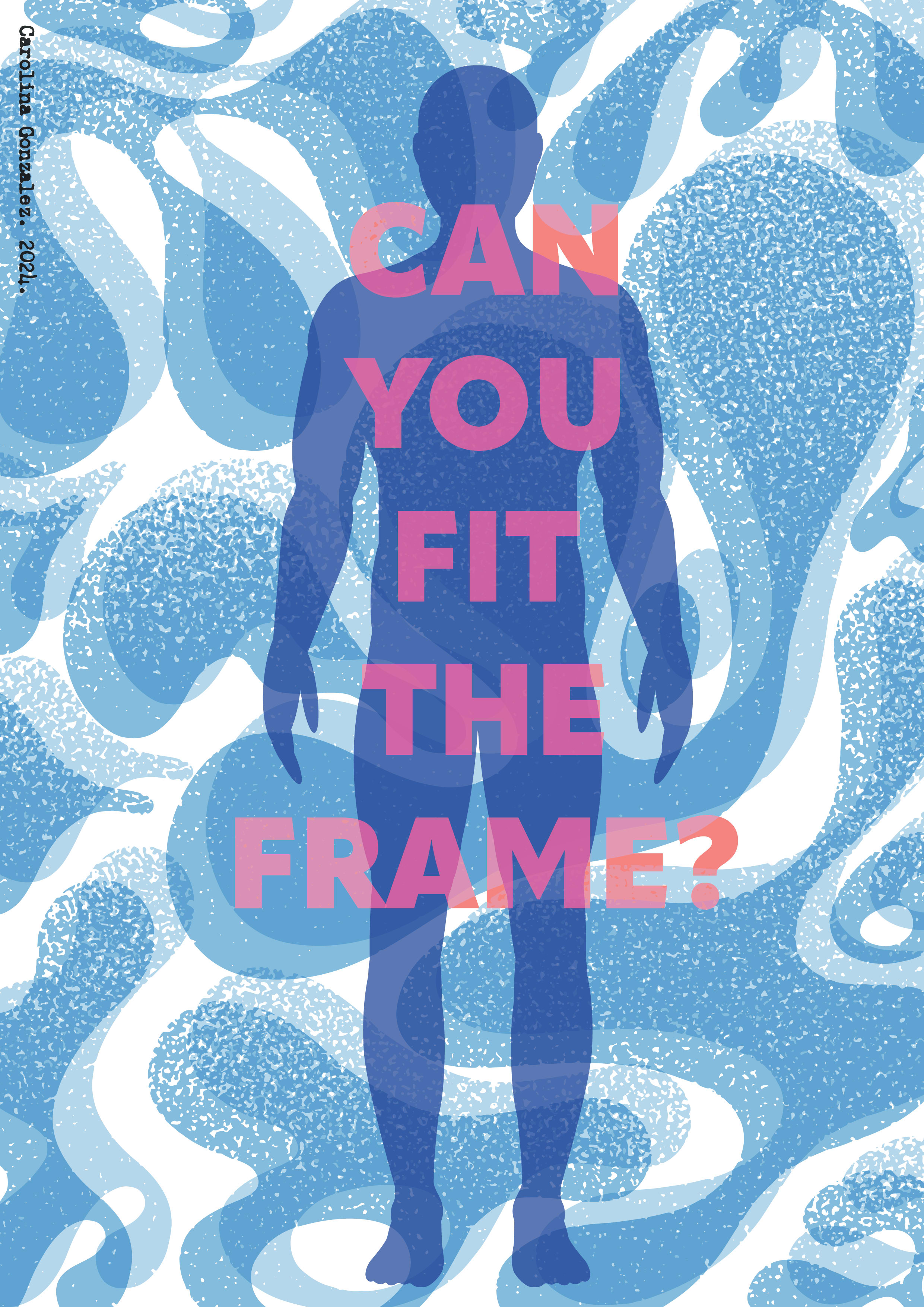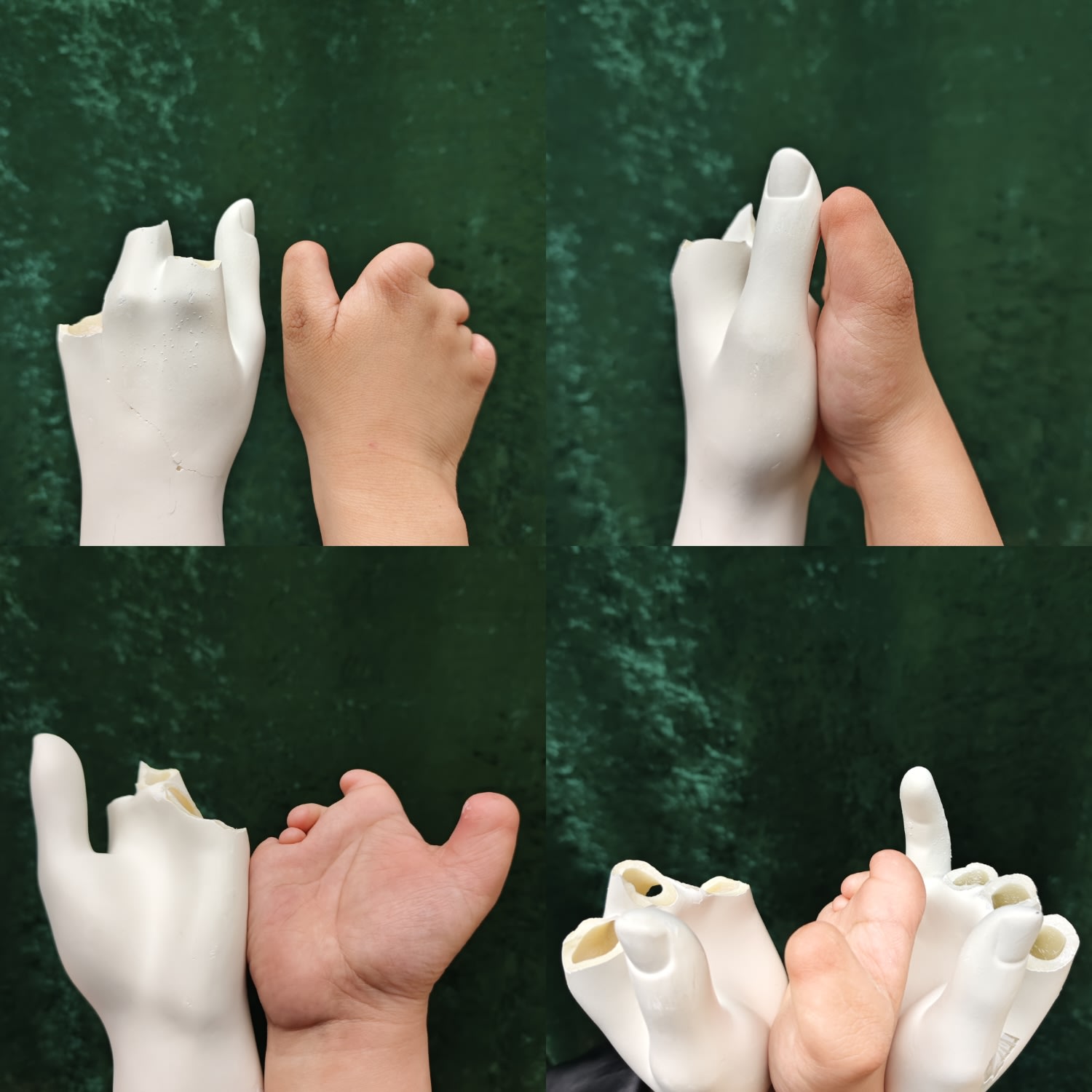Course units
MA Applied Imagination uses a four-step strategy to enable you to develop and apply your new creative knowledge. Unit One is designed to open and inform your imagination, using both individual projects and teamwork. You will work with your peers in rotating groups, responding to projects devised to stimulate and reinvigorate the imagination. Unit Two provides opportunities for co-operation and collaboration with students from other postgraduate courses. In Unit Three you will commence your personal research journey. Unit Four comprises the conclusion of this project, your reflections on your learning, and the steps you take to share your outcomes with others.
Unit 1: Imagination
In Unit 1, you will be immersed in a series of short, individual and team-based projects, designed to interrogate contemporary global agendas. Your peers will act as primary sources of knowledge and you will develop your skills through interaction with external experts and other collaborations. The projects in this unit pose questions that defy predictable answers – for example, we might ask you to construct and test a fully operational time machine. The projects are intended to take you outside of the familiar conventions of creativity and to investigate your potential for changemaking through the lenses of social justice, climate crisis, health and wellbeing, identity and technology. This “unpacking” process helps to locate resistance to change, often established through specific disciplinary backgrounds and cultural conditioning. We build awareness of personal and collective resistances which may inhibit the creation of new paradigms. The unit concludes with your drafting of a research proposal, to be further developed into your personal project during Units Three and Four.
Unit 2: The Collaborative Unit
This unit is nested within Unit One and addresses the theme of collaboration through co-operation with other postgraduate courses within the University. By working co-operatively with fellow students from parallel and contrasting courses, you will experience at first hand the value of cross-disciplinary thinking and problem-solving that is central to the MA Applied Imagination learning journey.
Unit 3: Application
In Unit 3, you will start to develop your research proposal into a viable project. You will also be required to establish networks for stakeholder engagement and external verification. You will be expected to demonstrate an understanding of the methodologies of action research and testing via intervention, in order to embody your research question and obtain new knowledge. You will plan and carry out your research in an ethical and inclusive way and be responsive to questions of social justice. In this unit, the course team will support you in finding your way forward, without predicting or prescribing your next steps.
Unit 4: Applied Imagination
Unit 4 requires you to complete the external verification of your research question. The unit comprises the completion of, and reflection on, your research outcomes as well as their presentation for assessment.
Important note concerning academic progression through your course:
If you are required to retake a unit you will need to cease further study on the course until you have passed the unit concerned. Once you have successfully passed this unit, you will be able to proceed onto the next unit. Retaking a unit might require you to take time out of study, which could affect other things such as student loans or the visa status for international students.
CSM Academic Support is delivered by a team of academics and practitioners working alongside your course to help you progress and achieve your maximum potential as a student. Academic Support can help you to develop your skills in different areas, including critical thinking, research and writing, time management, presentations and working independently and collaboratively. These may be offered as part of your timetabled classes or as bookable tutorials and workshops.
Mode of study
MA Applied Imagination is offered in Full Time mode which runs for 45 weeks over 12 months. You will be expected to commit 40 hours per week to study, which includes teaching time and independent study.
Credit and award requirements
The course is credit-rated at 180 credits.
On successfully completing the course, you will gain a Master of Arts (MA degree).
Under the Framework for Higher Education Qualifications, an MA is Level 7. All units must be passed in order to achieve the MA but the classification of the award is derived from the mark for the final unit only.
If you are unable to continue on the course, a Postgraduate Certificate (PG Cert) will normally be offered following the successful completion of 60 credits, or a Postgraduate Diploma (PG Dip) following the successful completion of 120 credits.


















